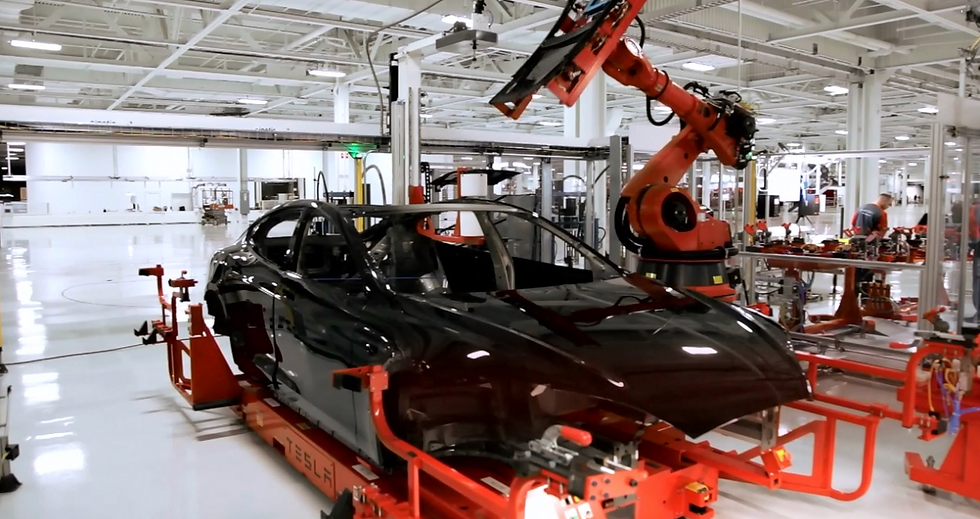How Artificial Intelligence is Changing Scientific Discovery
- Siwoo Kim

- Aug 18, 2025
- 2 min read

In recent years, artificial intelligence (AI) has revolutionized the way scientists approach research, accelerating discoveries and opening new possibilities across fields. From medicine and physics to climate science and genetics AI is transforming not just what we can learn but also how we learn it.
One of the most significant impacts of AI in science is its ability to analyze massive datasets far beyond human capability. Scientists today generate huge amounts of data through experiments, sensors, and simulations. Traditionally, finding patterns or drawing conclusions from these complex datasets could take months or years. AI algorithms, especially those using machine learning, can sift through terabytes of information in days or even hours, revealing hidden patterns that would otherwise remain unnoticed.
For example, in drug discovery, AI has sped up the identification of promising molecules for new medicines. By training on multiple databases of known compounds and their effects, AI models can predict which chemical structures might interact effectively with disease-related proteins. This has already helped researchers identify potential treatments for diseases such as COVID-19 in record time, reducing years of research to just a few months.
AI is also reshaping climate science. Climate models are extremely complex, involving countless variables and interactions. Traditional models can take weeks to run on supercomputers. AI-enhanced models, however, can generate predictions faster and more accurately by learning from historical climate data. This enhances scientists to forecast extreme weather events with greater precision, giving communities more time to prepare and potentially saving lives.
Moreover, AI is enabling the automation of entire parts of the scientific process. Robotic labs guided by AI can conduct experiments 24/7, adjusting procedures based on real-time data without human intervention. These “self-driving labs” are already being used in materials science to discover new alloys and compounds with unique properties.
However, the rise of AI in science also raises important questions. Can we fully trust AI models when we don’t always understand how they reach their conclusions? This “black box” problem has led to growing interest in explainable AI, which aims to make AI’s decision-making processes more transparent. Additionally, reliance on AI could risk introducing biases if the training data is incomplete or unrepresentative.
Despite these challenges, most scientists agree that AI will remain a powerful partner in research. By freeing scientists from repetitive tasks and offering insights beyond human intuition, AI allows researchers to focus on creativity and the most challenging questions. Rather than replacing human scientists, AI is becoming a tool that extends our ability to explore the unknown.
As AI continues to evolve, its impact on scientific discovery will only deepen. From uncovering the secrets of the universe to solving urgent problems like disease and climate change, AI is poised to help humanity advance knowledge at a pace never before imagined.



Comments